
Robert Lea
Robert Lea is a science journalist in the U.K. whose articles have been published in Physics World, New Scientist, Astronomy Magazine, All About Space, Newsweek and ZME Science. He also writes about science communication for Elsevier and the European Journal of Physics. Rob holds a bachelor of science degree in physics and astronomy from the U.K.’s Open University. Follow him on Twitter @sciencef1rst.
Latest articles by Robert Lea
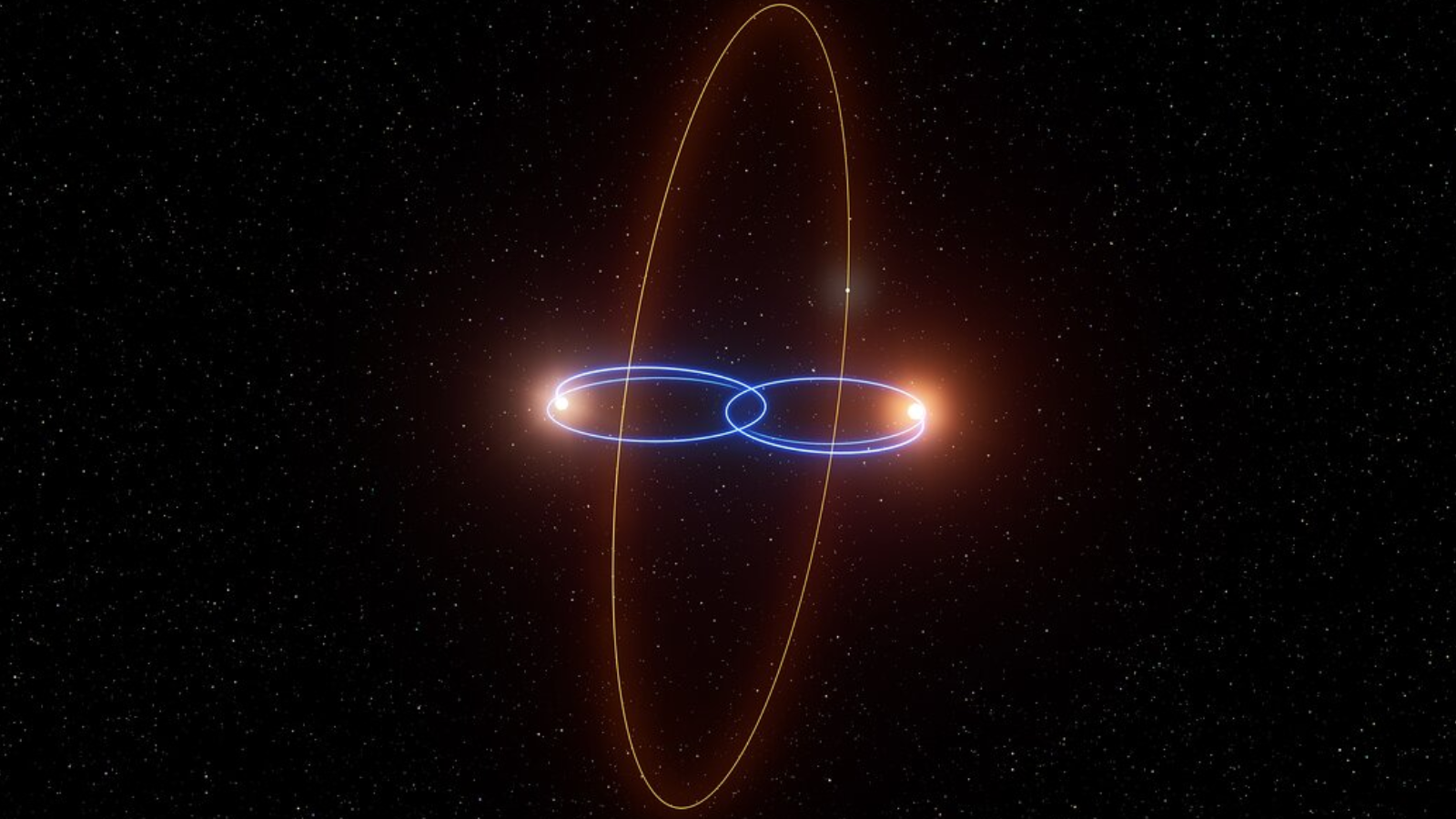
Scientists discover bizarre double-star system with exoplanet on a sideways orbit (video)
By Robert Lea published
Astronomers have discovered the weirdest planetary system ever seen, consisting of a planet rolling around rare binary "failed star" brown dwarfs at a 90-degree tilted angle!
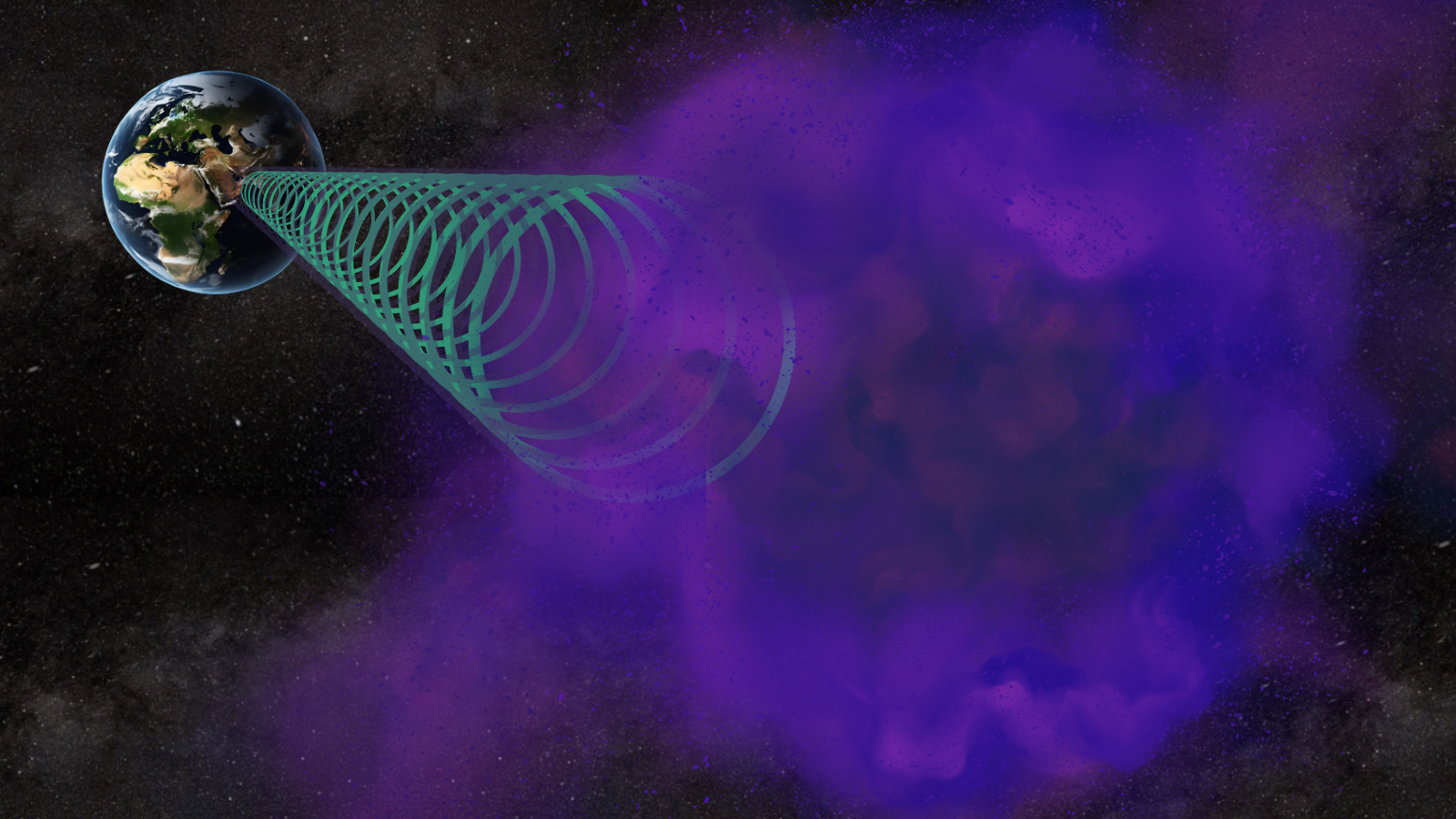
A 'cosmic car radio' could help scientists tune in to dark matter within the next 15 years
By Robert Lea published
Scientists have developed a cosmic car radio that could tune into the frequency of axions, a prime dark matter suspect.
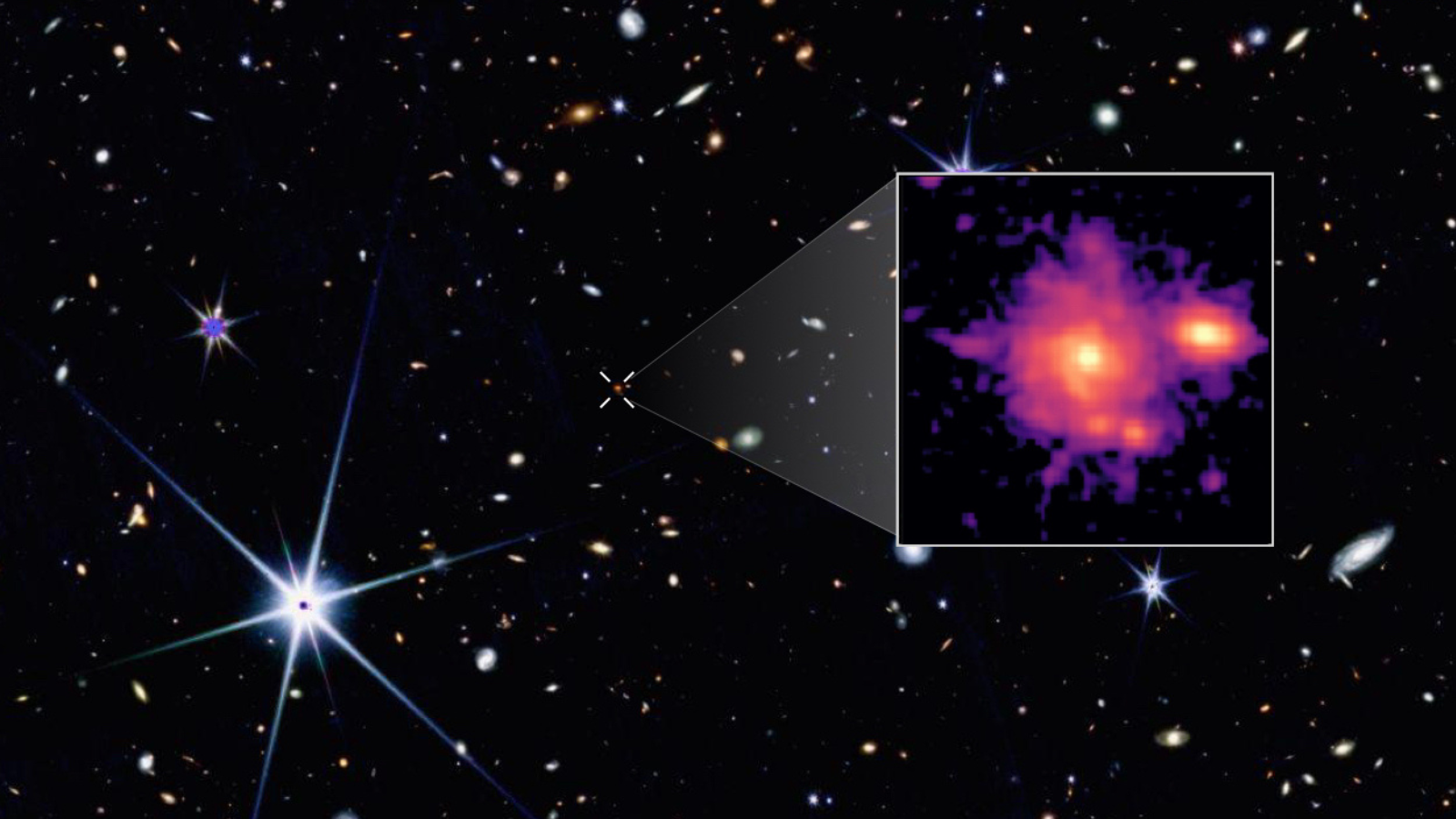
James Webb Space Telescope discovers most distant and earliest Milky Way 'twin' ever seen. Meet dragon-galaxy Zhúlóng (image)
By Robert Lea published
The James Webb Space Telescope has spotted the most distant spiral galaxy ever seen, a "Milky Way twin" that existed 1 billion years after the Big Bang.

Matter-spewing 'singularities' could eliminate the need for dark energy and dark matter
By Robert Lea published
A new cosmic model suggests that singularities could briefly pop into existence, spewing matter and energy into the cosmos, negating the need for dark energy and dark matter.

NASA astronaut Don Pettit and 2 cosmonauts will return to Earth on April 19
By Robert Lea published
NASA astronaut Don Pettit and two cosmonaut colleagues will return to Earth from the International Space Station on Saturday night (April 19), if all goes to plan.

Some dark matter haloes could roll through the universe like hollow cosmic Easter Eggs
By Robert Lea published
The universe could be packed with dark matter haloes that have no galaxy fillings.

A gravitational war next door: The Large Magellanic Cloud is gradually destroying the Small Magellanic Cloud
By Robert Lea published
The Large Magellanic Cloud and Small Magellanic Cloud are at war, with the larger of these dwarf galaxies ripping the other apart.
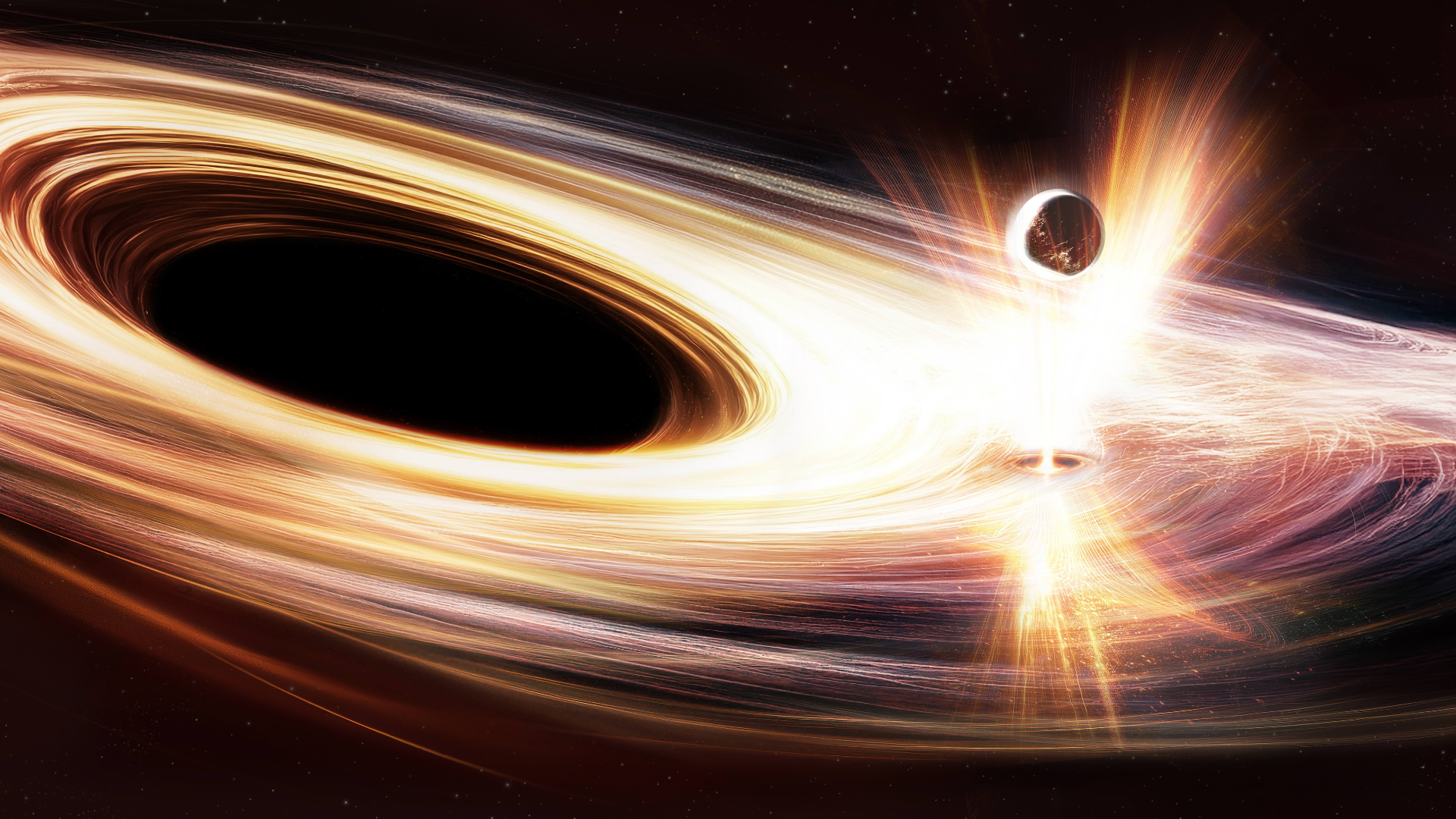
NASA spacecraft spots monster black hole bursting with X-rays 'releasing a hundred times more energy than we have seen elsewhere'
By Robert Lea published
Astronomers have used space-based telescopes, including NASA's Swift X-ray observatory, to watch a monster black hole spring to life with powerful X-ray eruptions.
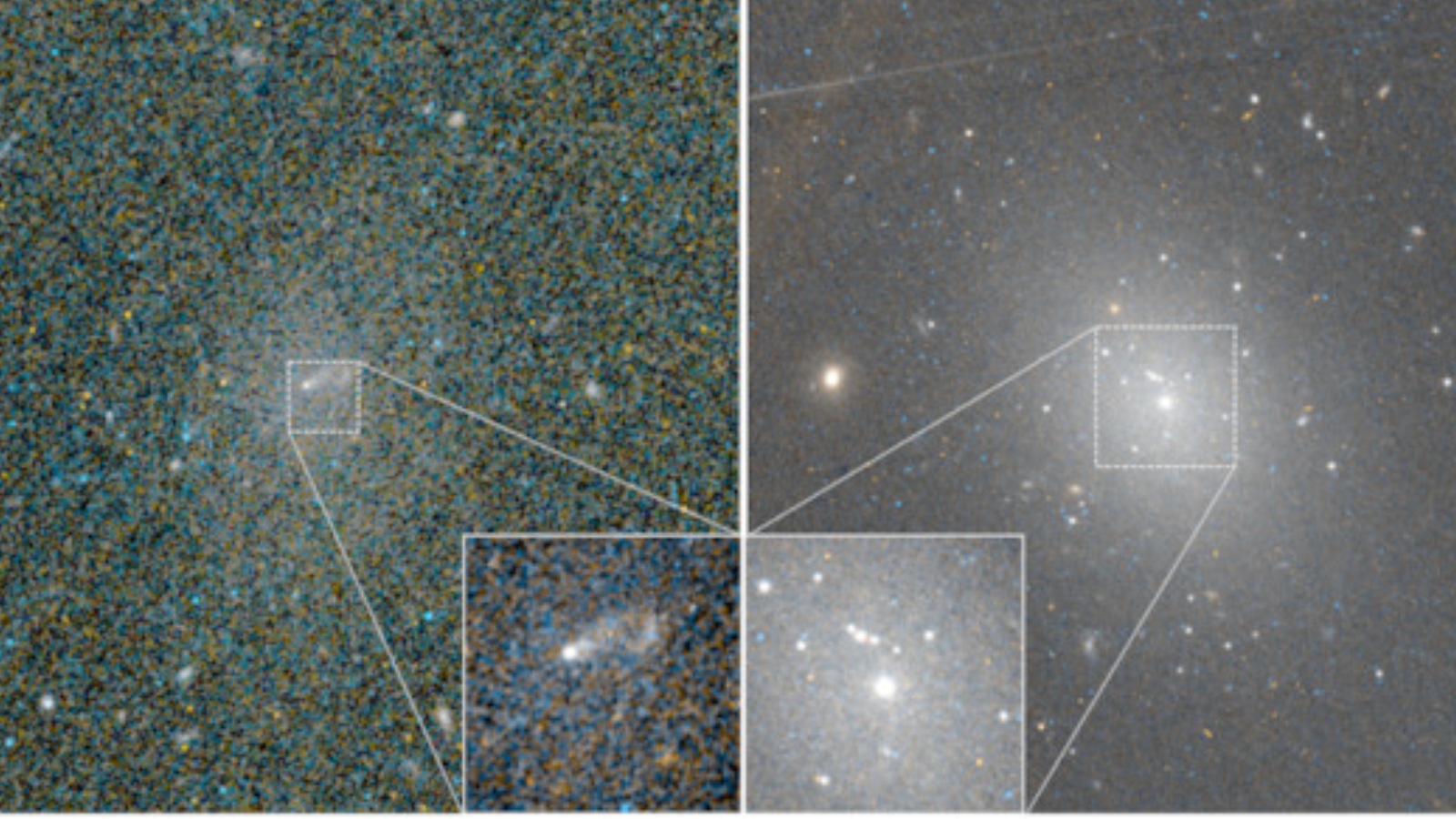
Hubble Telescope snaps 1st images of clashing star clusters at the hearts of dwarf galaxies
By Robert Lea published
Using the Hubble Space Telescope, astronomers have, for the first time, directly detected the merger of star clusters at the heart of dwarf galaxies.
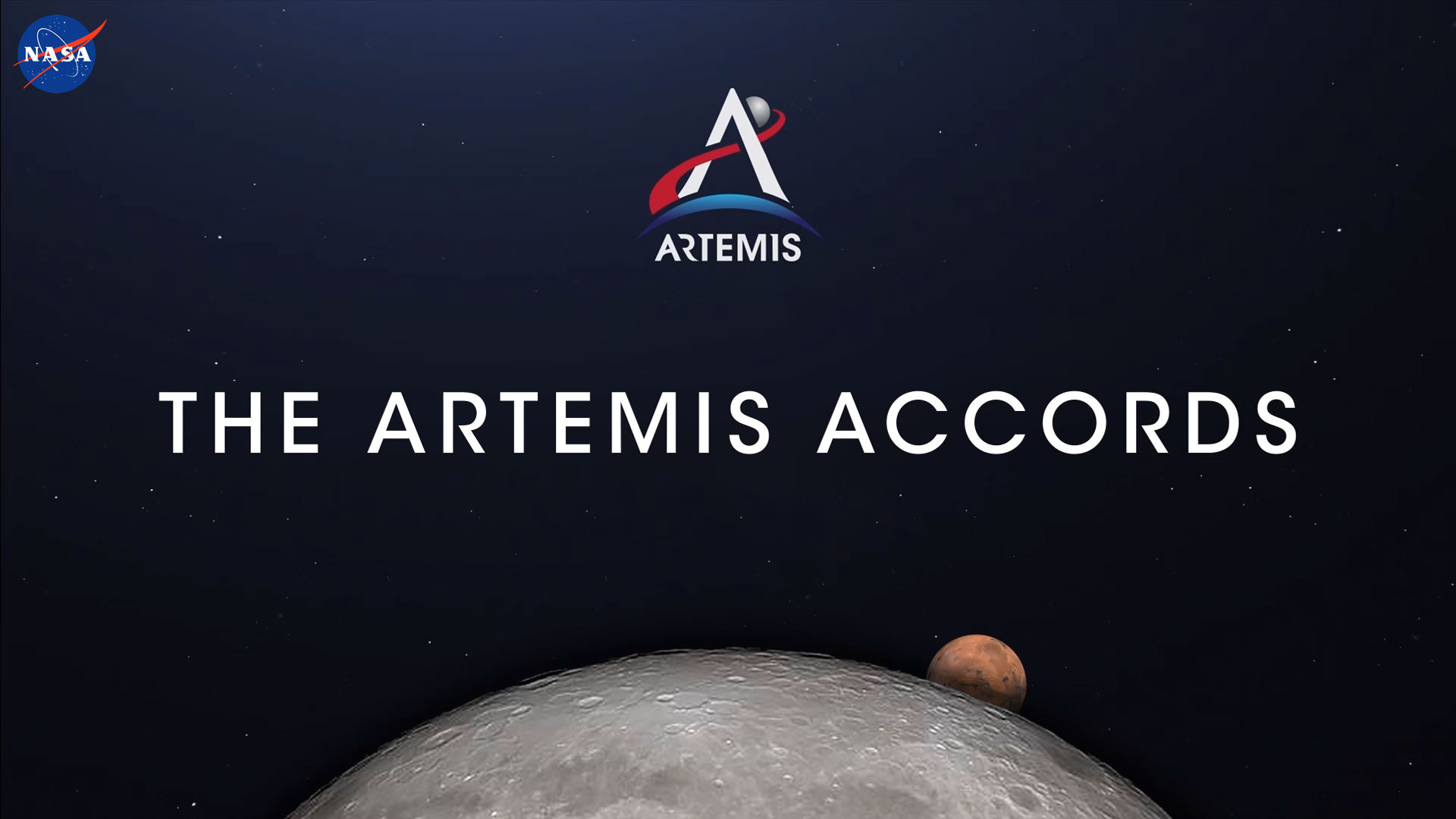
Artemis Accords: What are they & which countries are involved?
By Robert Lea last updated
Reference As the Artemis program aims to return humanity to the moon and beyond, the Artemis Accords lay out a framework for nations collaborating in this effort.
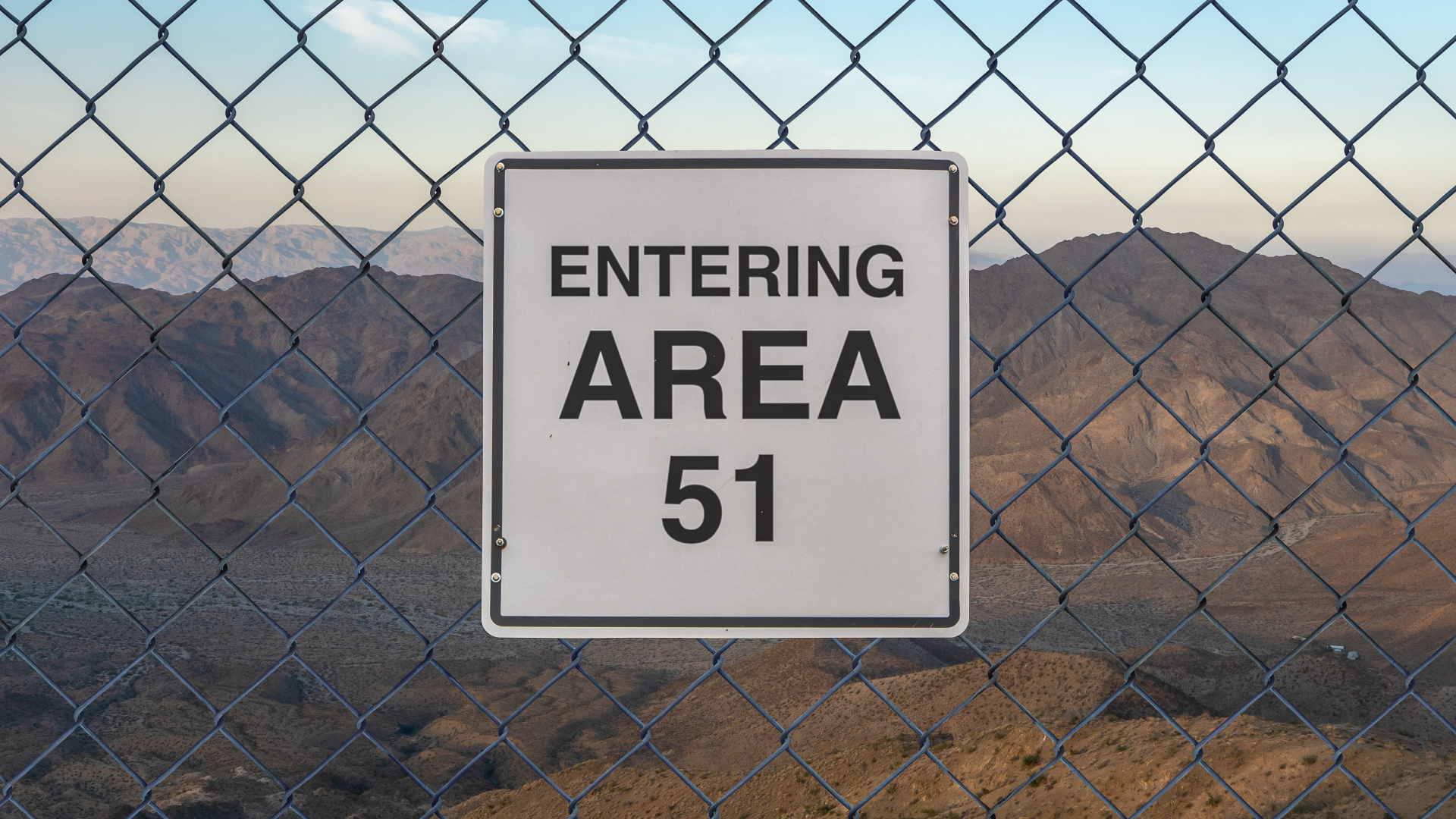
Area 51: What is it and what goes on there?
By Robert Lea last updated
Reference Area 51 is a U.S. military base that has become synonymous with tales of UFOs, government cover-ups and potentially testing alien technology.
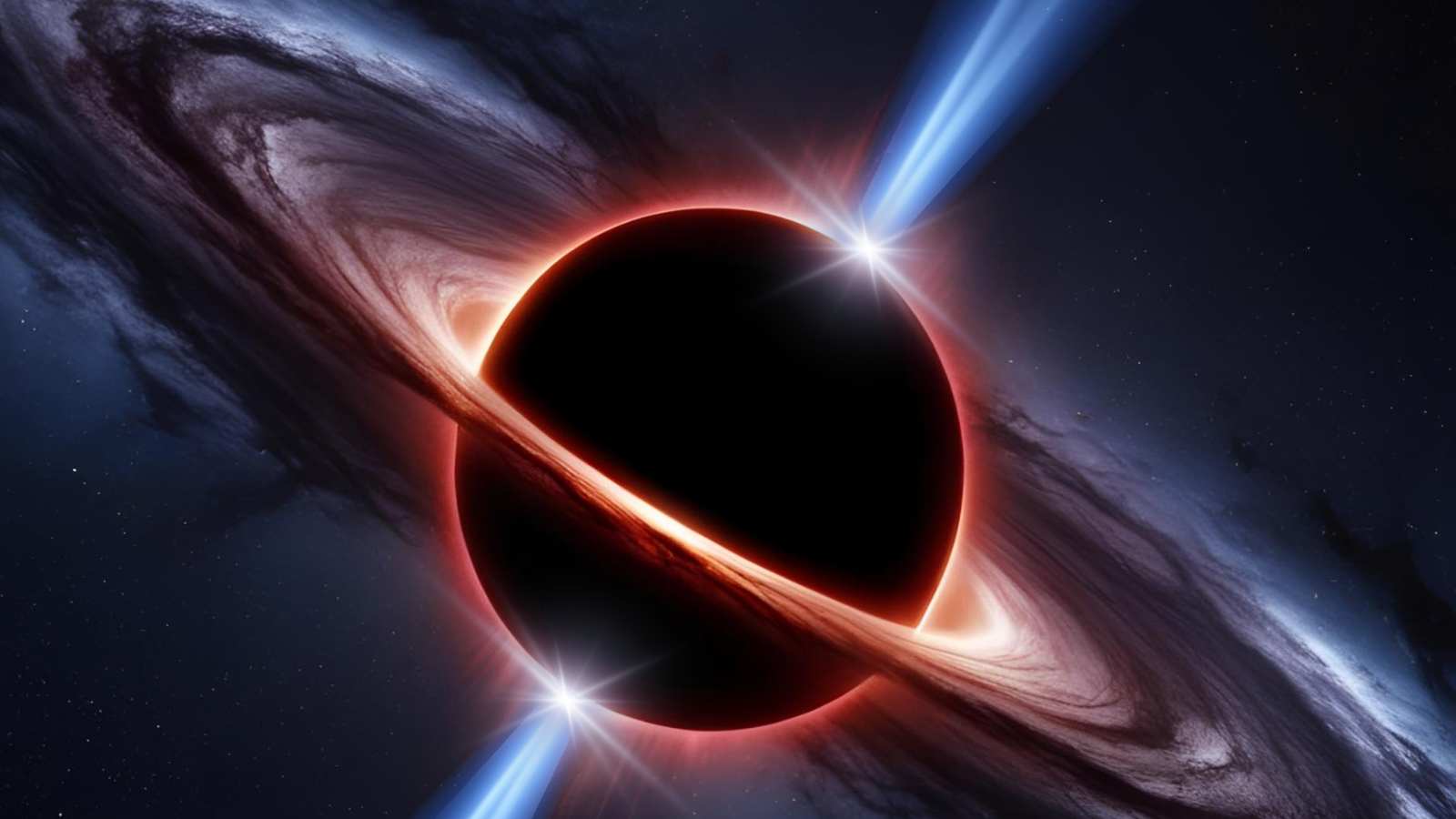
Could we use black holes to power future human civilizations? 'There is no limitation to extracting the enormous energy from a rotating black hole'
By Robert Lea published
Black holes power some of the most energetic phenomena in the known universe, but could they ever power an advanced human civilisation?
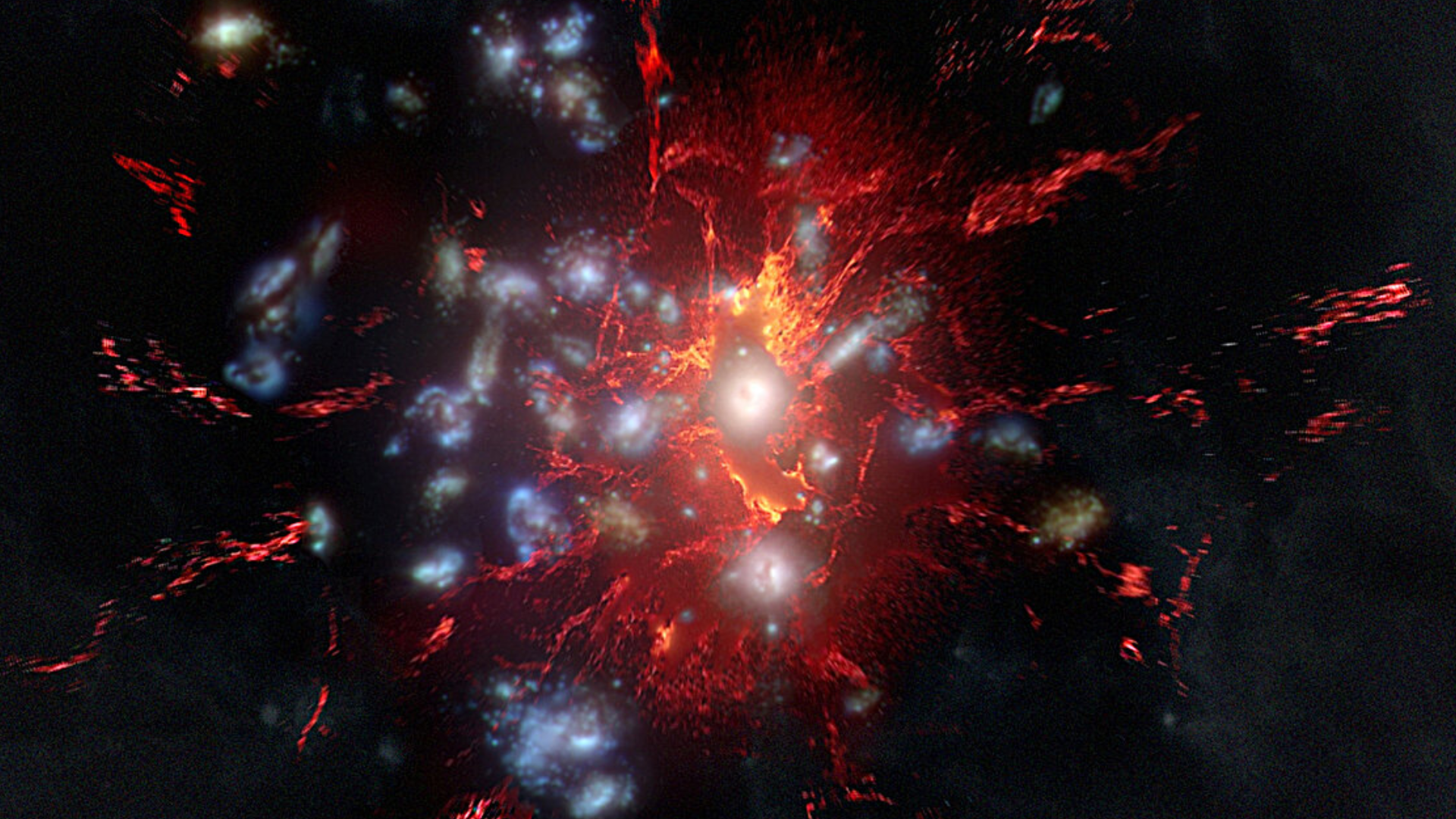
This baby galaxy cluster is powering extreme star formation with a hidden fuel tank
By Robert Lea published
An extreme protocluster gathering of infant galaxies is hiding a vast cosmic fuel tank that is powering 400 million years of intense star formation.
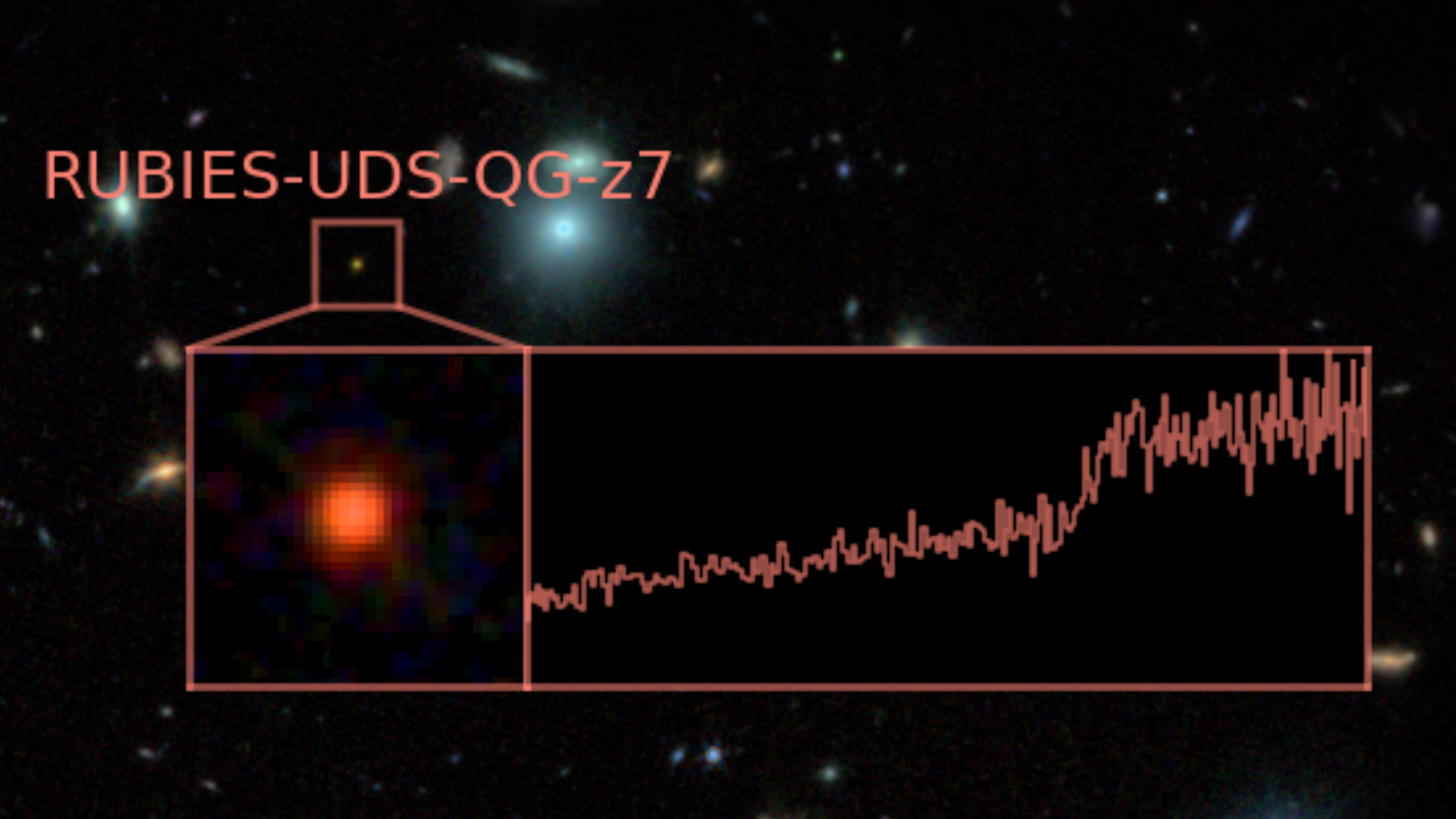
Record-breaking 'dead' galaxy discovered by JWST lived fast and died young in the early universe
By Robert Lea published
The most distant and earliest "dead" massive galaxy ever seen shows some galaxies lived fast and died young shortly after the Big Bang.
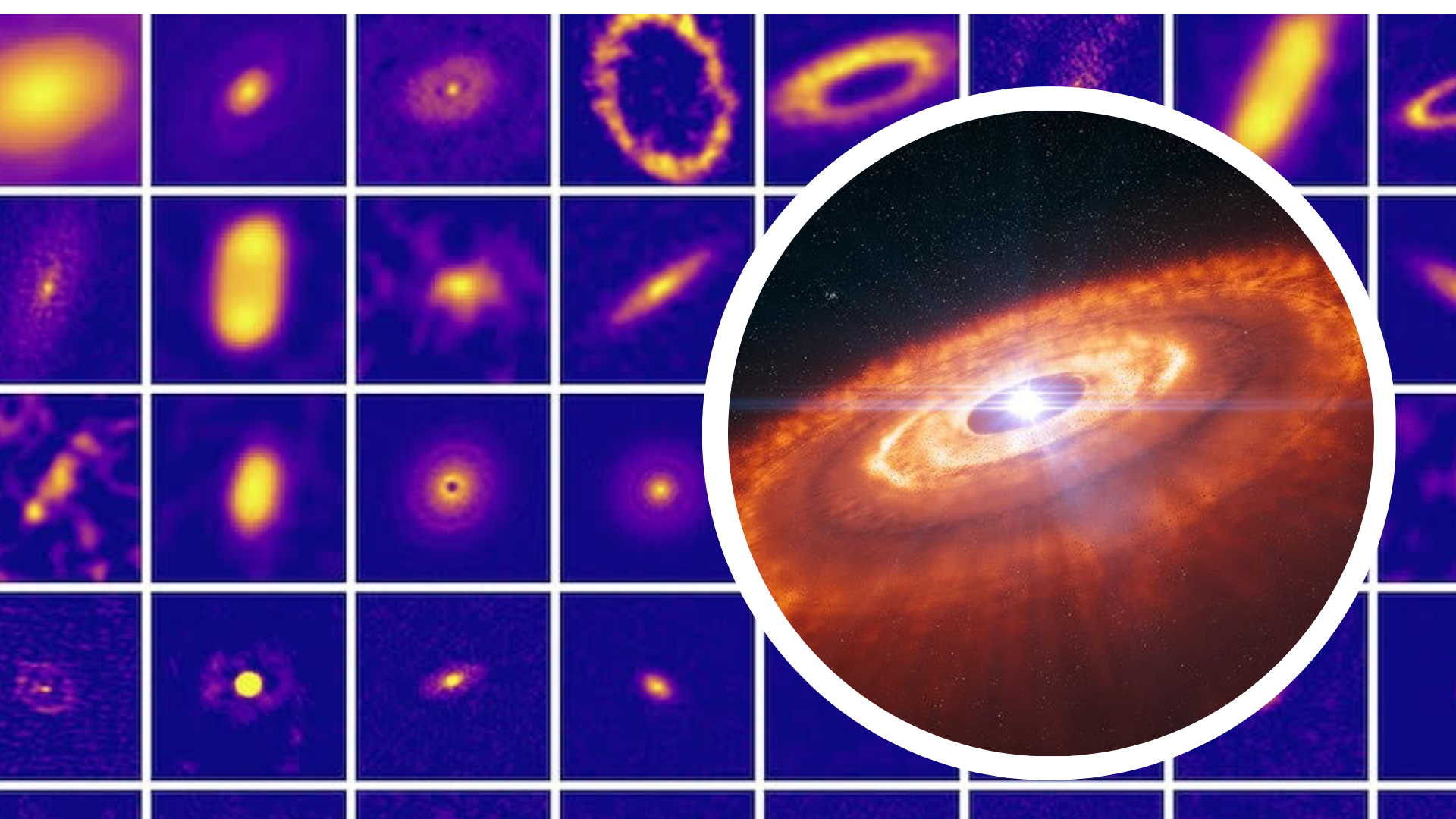
Exoplanet nurseries around infant stars can be much smaller than expected: 'It is astonishing'
By Robert Lea published
New findings from the ALMA telescope have revealed that planets are born in much smaller protoplanetary disks than astronomers suspected, some of which would fit with the orbit of Earth.
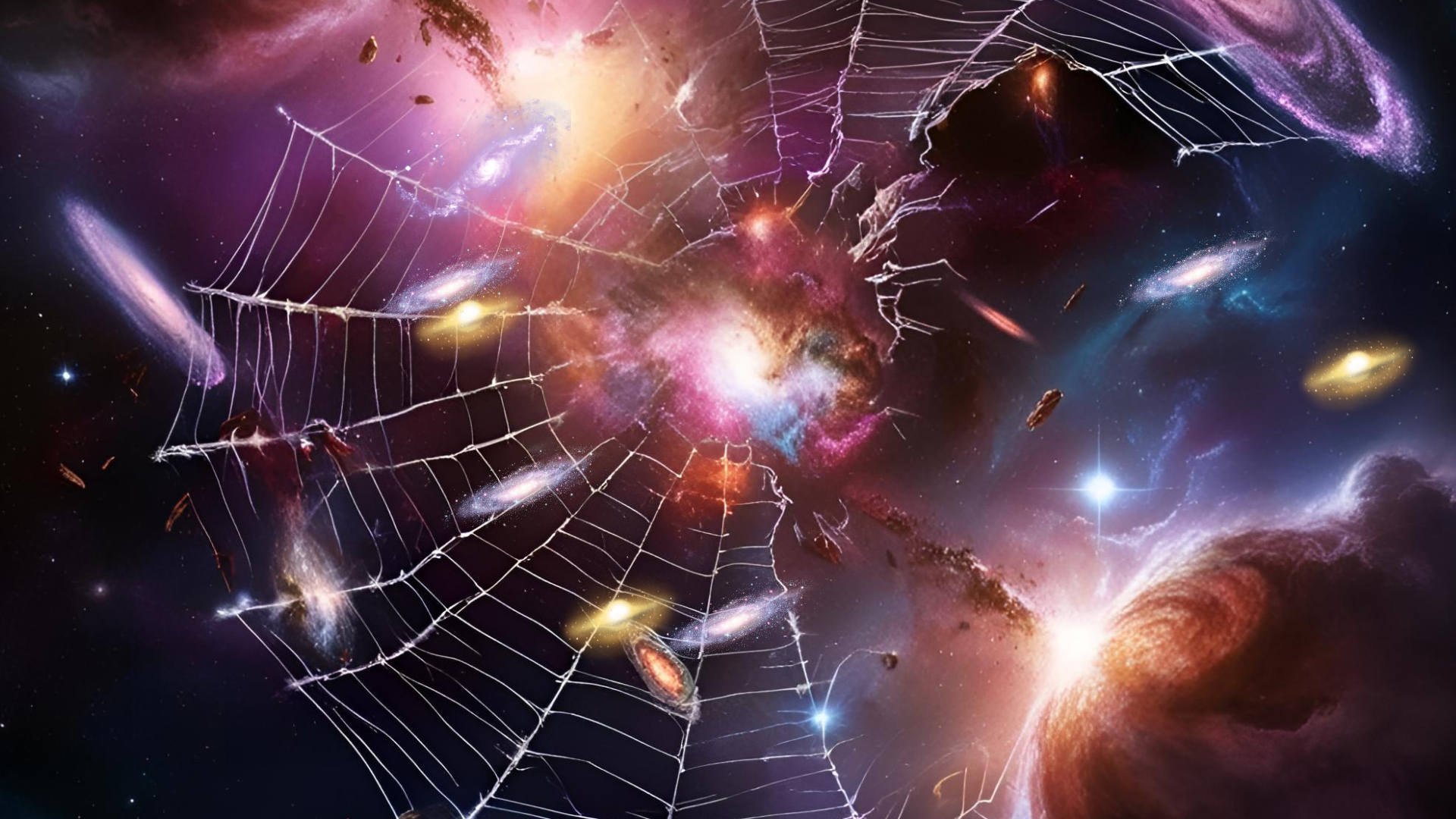
Unknown physics may help dark energy act as 'antigravity' throughout the universe
By Robert Lea published
Dark energy may have a completely unknown aspect of physics acting as an accomplice in its efforts to defy gravity, suppressing the growth of large-scale structures like galaxy superclusters.
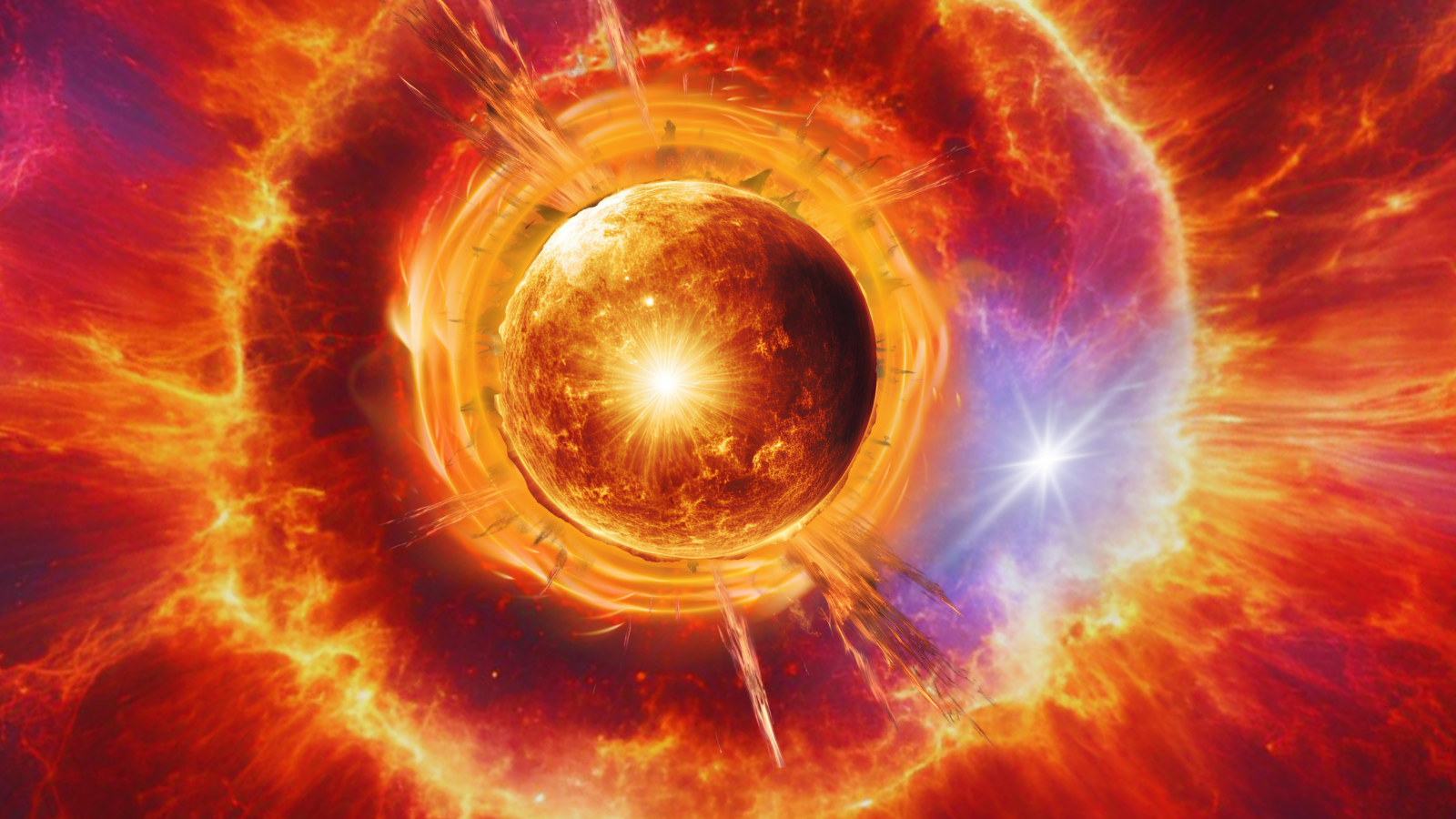
Strange red nova deaths of shrouded stars investigated by 'stellar Sherlocks'
By Robert Lea published
A group of stellar Sherlocks have solved the mystery of red transient objects that appear and fade in the sky, linking them to the total explosive death of stars.
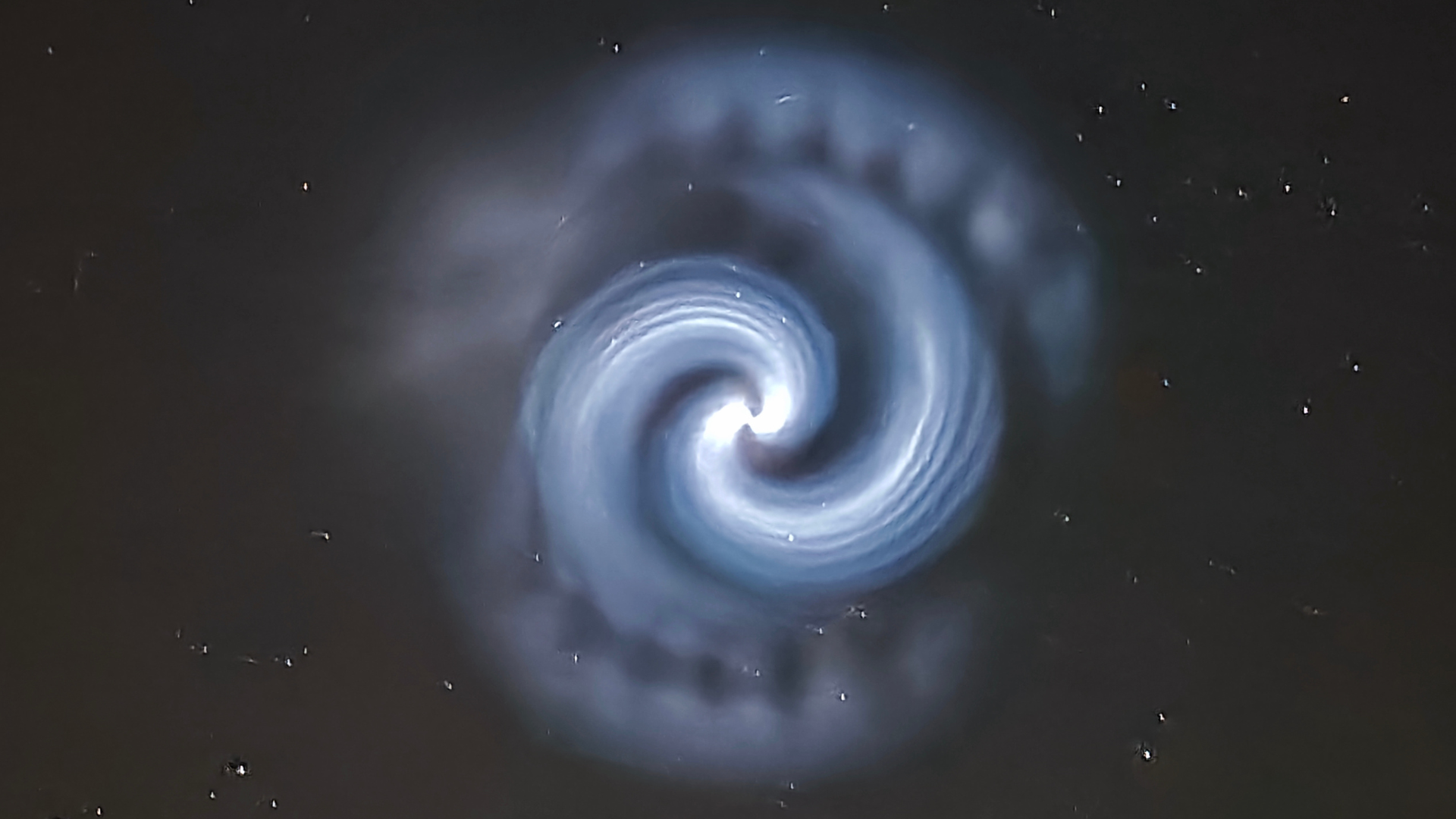
Mysterious blue spiral spotted over European skies. What was it? (photos)
By Robert Lea published
A strange blue spiral lit up the sky over Europe on Monday night (March 24), with residents of the UK and other countries speculating on its true nature on social media.
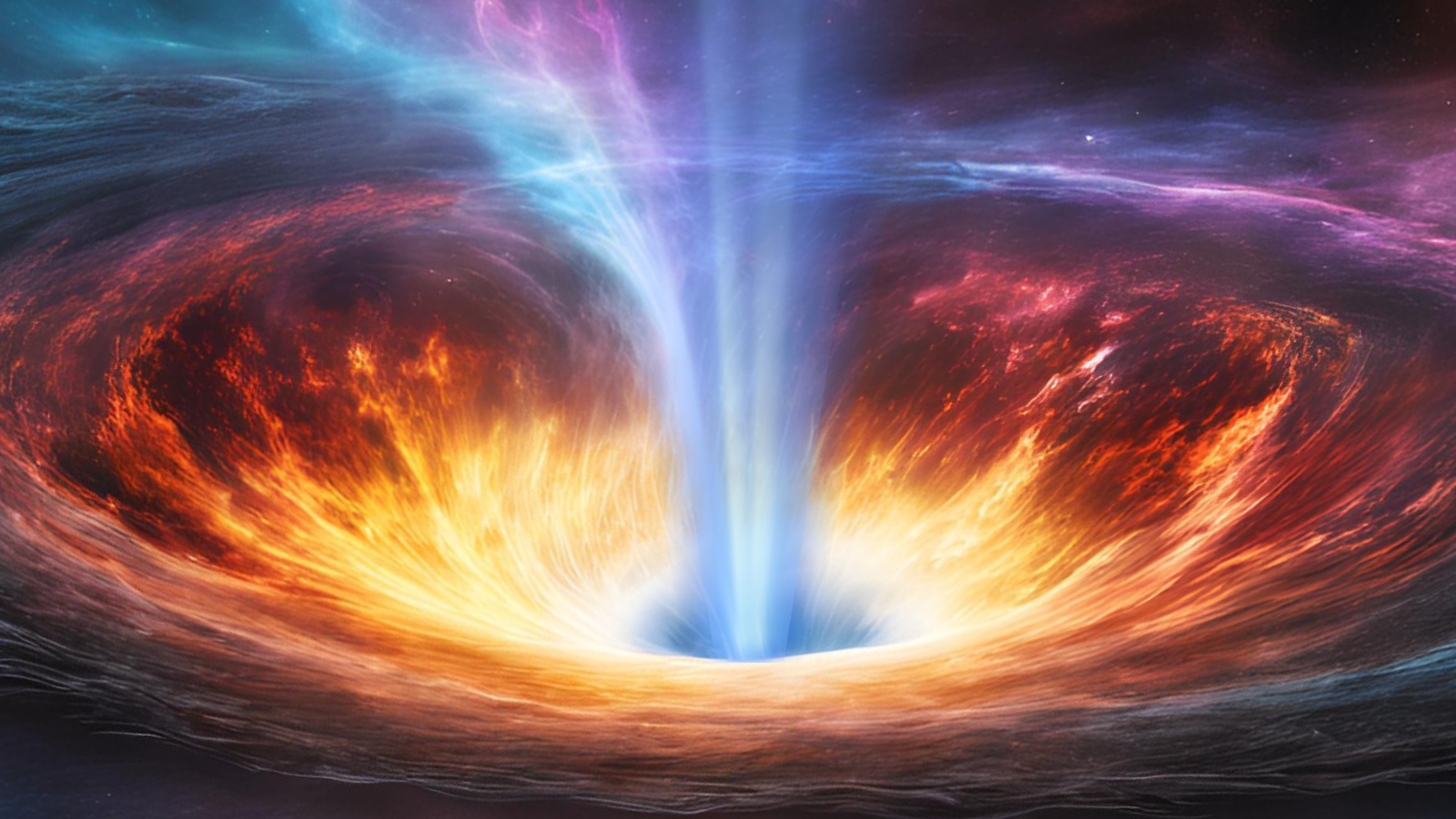
What would happen if the Milky Way's black hole erupted? This distant galaxy paints a terrifying picture
By Robert Lea published
The observation of titanic jets emerging from the supermassive black hole at the heart of a distant galaxy could be a grim prediction of the Milky Way's future.
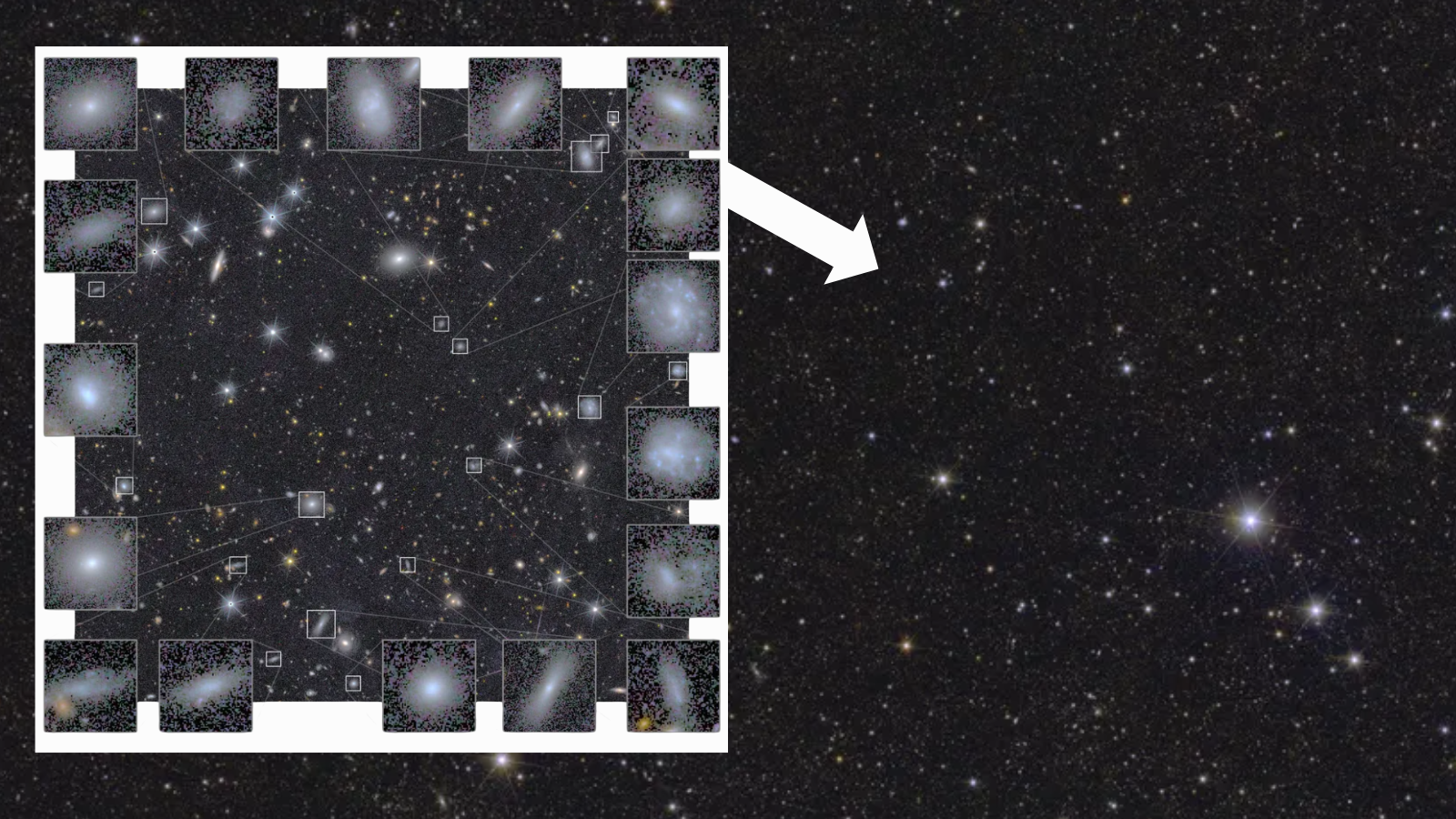
Euclid 'dark universe detective' spacecraft discovers 2,674 new dwarf galaxies
By Robert Lea published
Using data from the Euclid Space Telescope, astronomers have discovered a stunning 2,674 dwarf galaxies, the study of which could help better understand cosmic evolution.
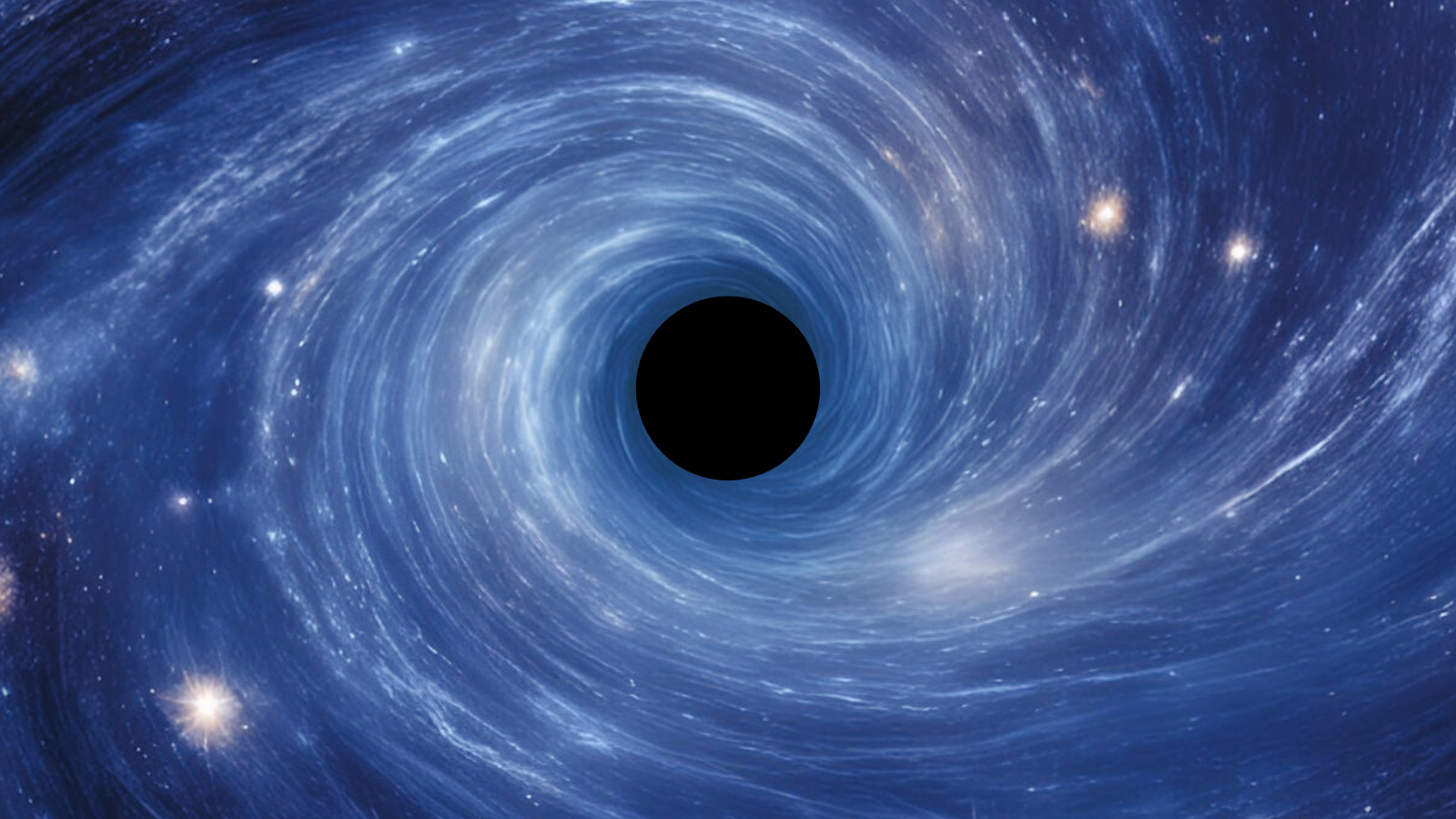
Black holes may obey the laws of physics after all, new theory suggests
By Robert Lea published
A new recipe for black holes could do away with central singularities, saving the laws of physics from troubling infinities.
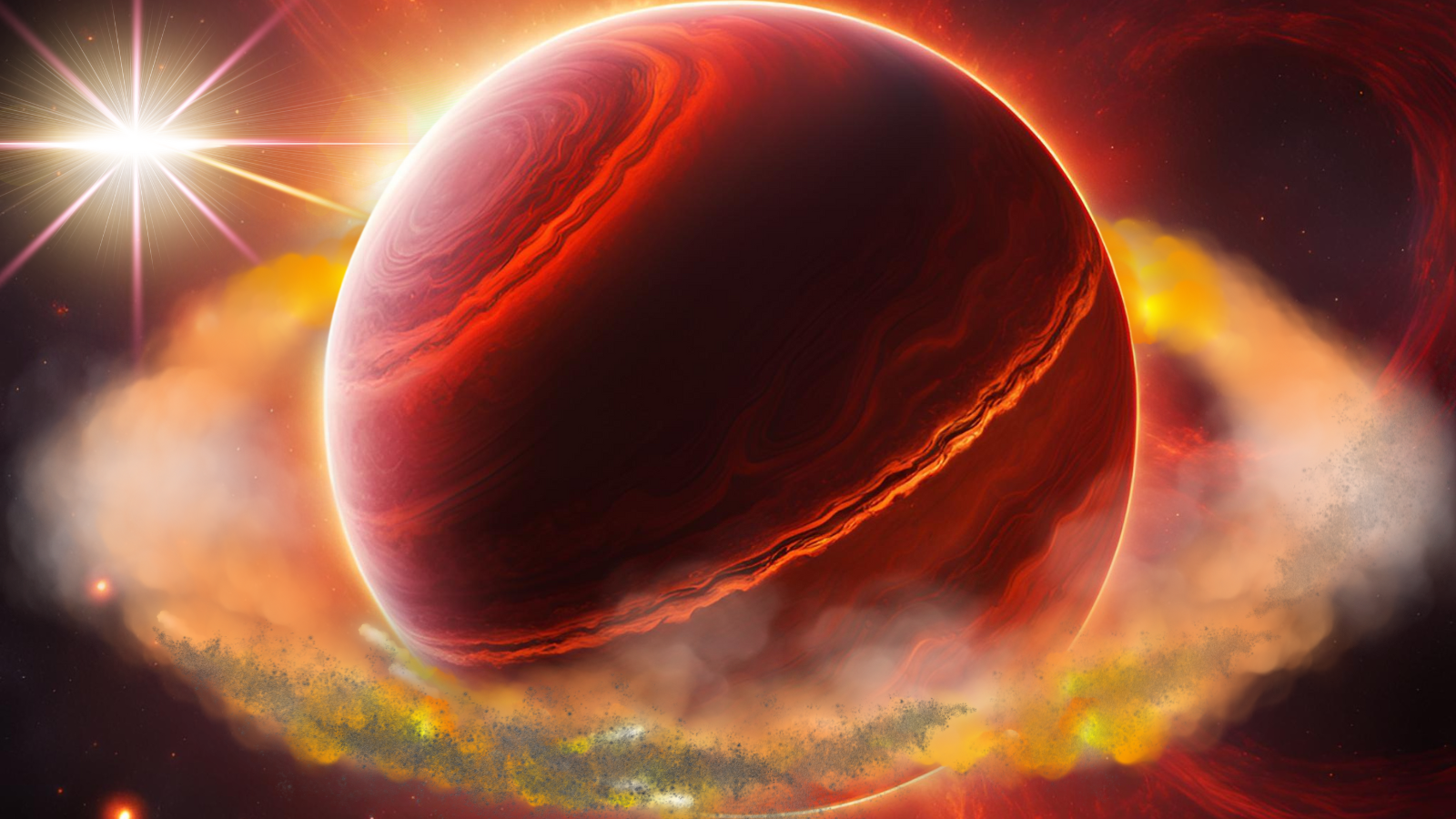
Exoplanet 'baby pictures' reveal exomoons possibly taking shape around infant worlds
By Robert Lea published
Astronomers have examined infant planets orbiting a star 370 light-years away, seeing the exomoon forming disks of gas and dust around them in unprecedented detail.
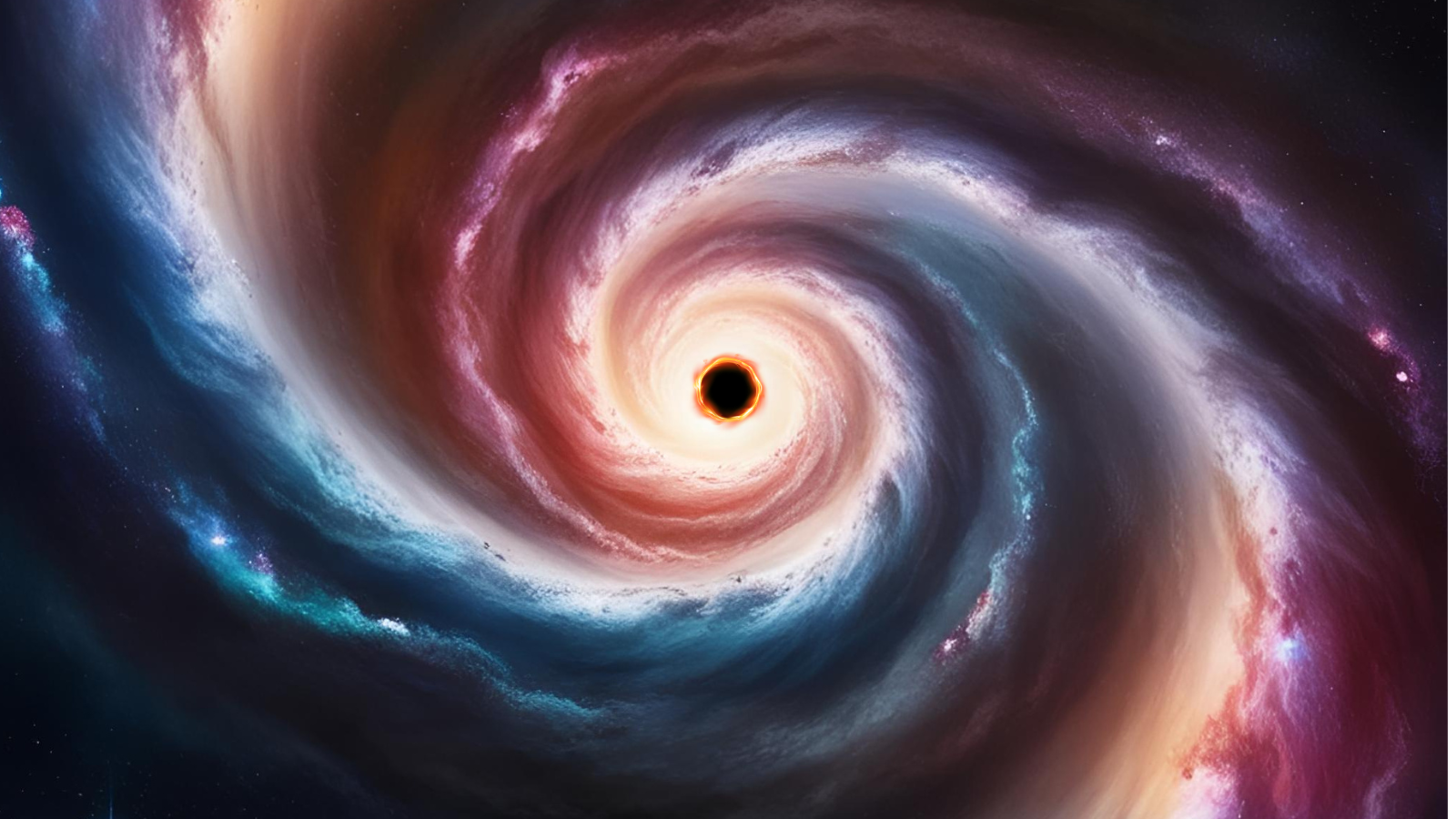
Cosmic 'tornadoes' rage around the heart of the Milky Way and its supermassive black hole
By Robert Lea published
Astronomers have discovered filaments of matter swirling tornado-like around the heart of the Milky Way, home to the supermassive black hole Sagittarius A*.
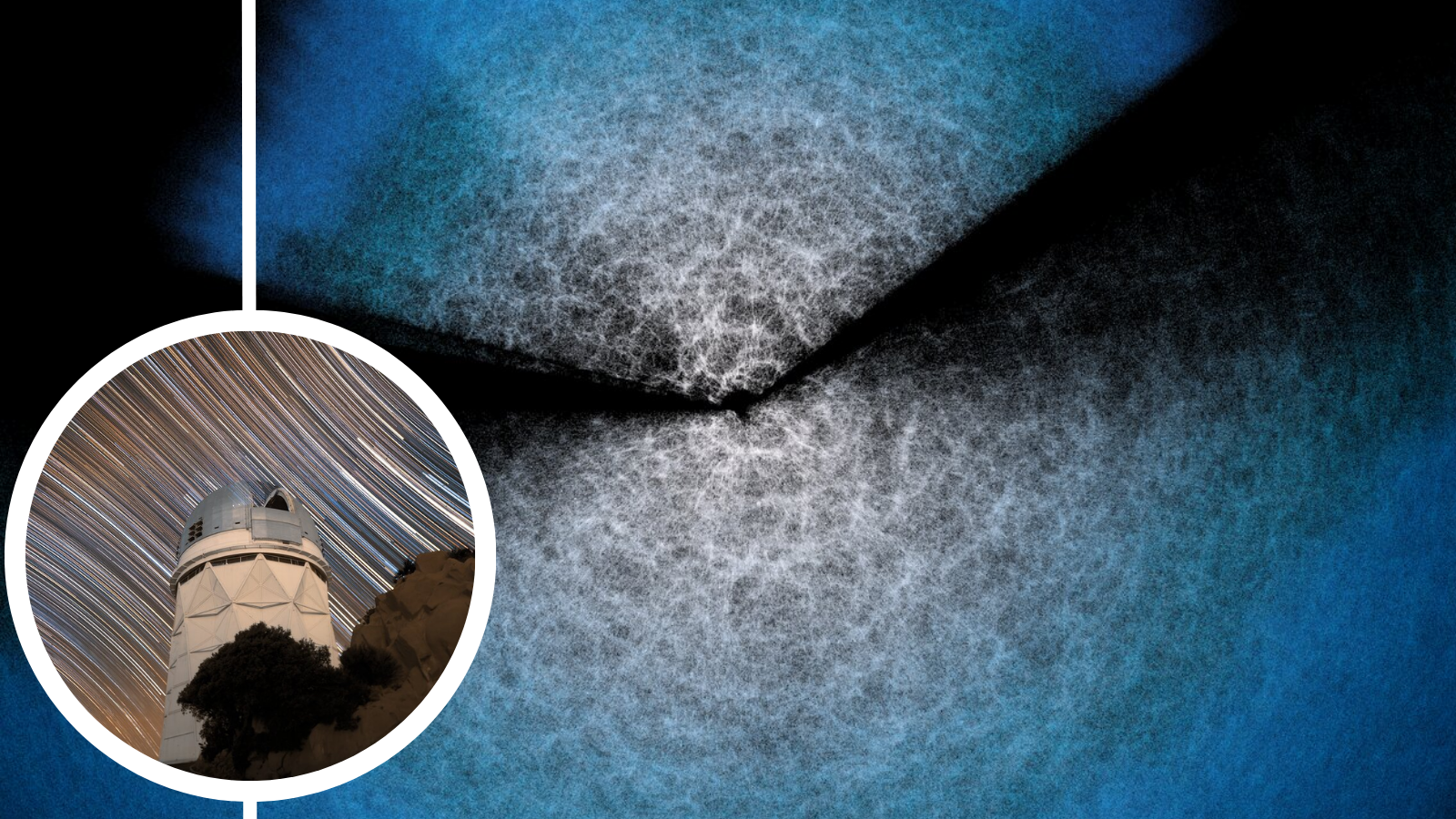
Dark energy is even stranger than we thought, new 3D map of the universe suggests. 'What a time to be alive!' (video)
By Robert Lea published
The 3D cosmic map building DESI has provided more clues that dark energy is weakening over time, suggesting our best model of cosmic evolution could be wrong.
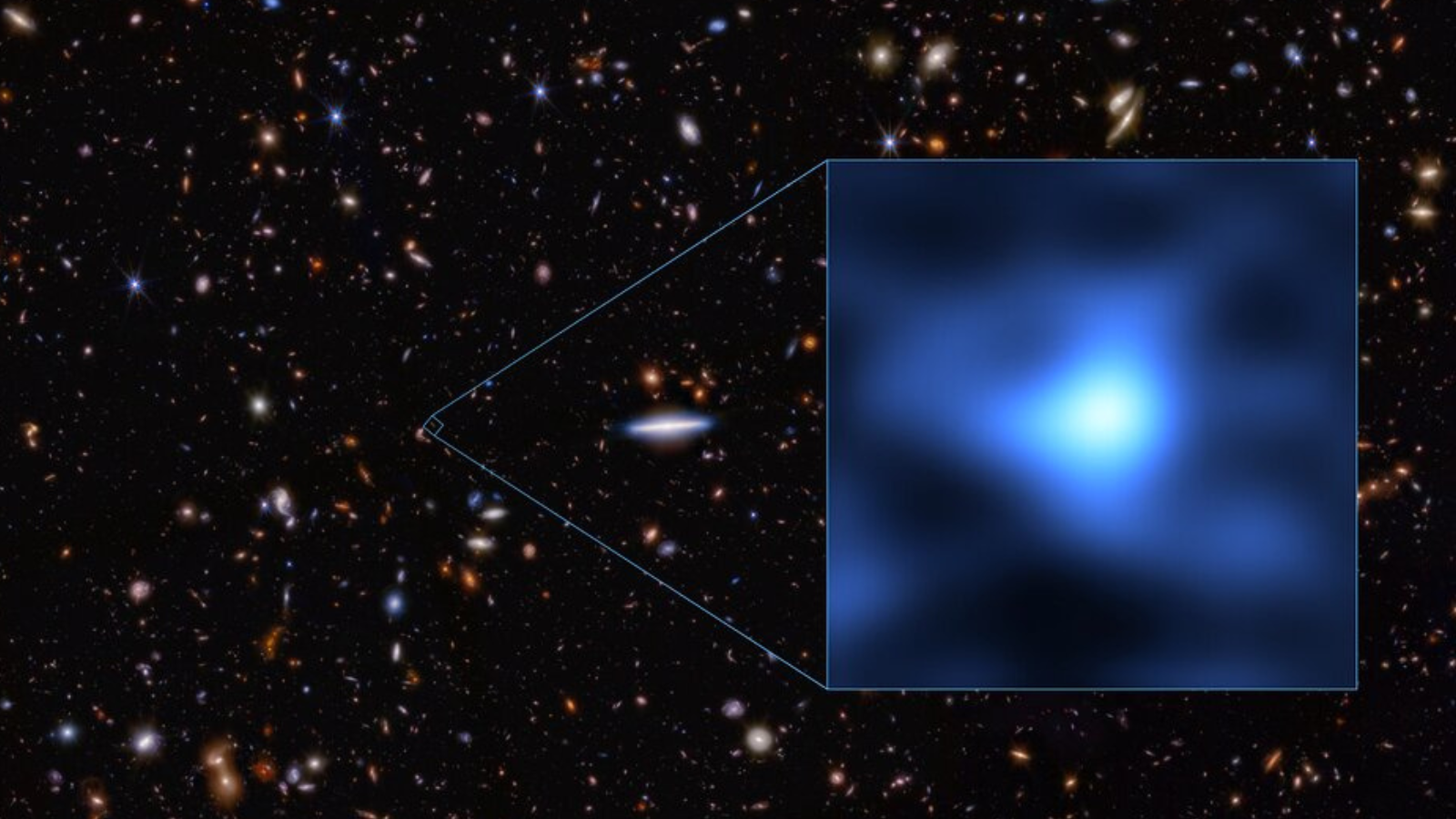
Oxygen discovered in most distant galaxy ever seen: 'It is like finding an adolescent where you would only expect babies'
By Robert Lea published
Astronomers have discovered oxygen and heavy elements in the earliest galaxy ever seen, suggesting some galaxies as early as 300 million years after the Big Bang matured early.
Get the Space.com Newsletter
Breaking space news, the latest updates on rocket launches, skywatching events and more!
